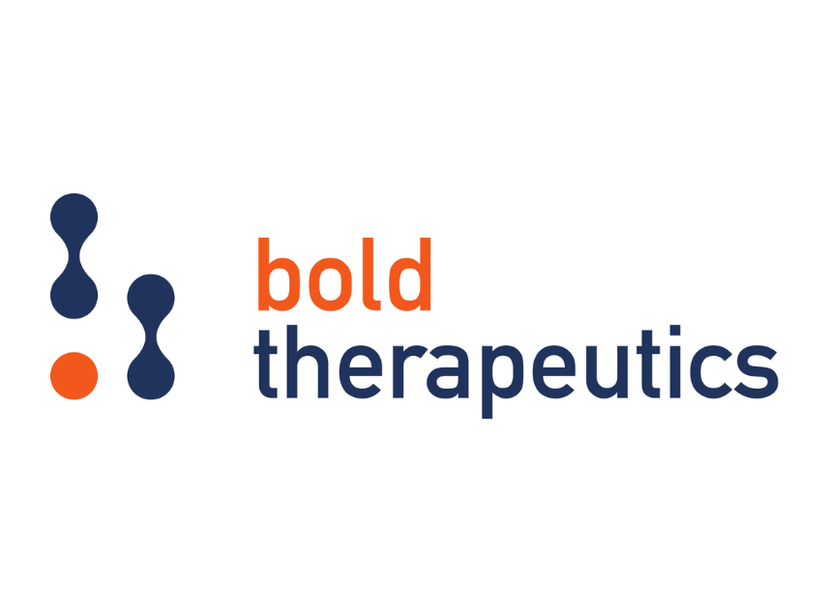Bold Therapeutics presents poster on BOLD-100 at AACR Annual Meeting 2025
Poster explores BOLD-100's unique ability to mitigate oxaliplatin-induced peripheral neuropathy (OIPN)
25 Apr 2025
Senior Director of Preclinical Development at Bold Therapeutics, Dr. Mark Bazett, will present a late-breaking poster on BOLD-100's potent neuroprotective properties at the American Association for Cancer Research (AACR) Annual Meeting 2025.
In Bold Therapeutics' global Phase 1b/2a trial (BOLD-100-001, NCT04421820), patients with advanced gastrointestinal cancers — including colorectal (mCRC), gastric (GC), biliary tract (BTC), and pancreatic cancer (PDAC) — were treated with BOLD-100 in combination with FOLFOX (5-fluorouracil, oxaliplatin, leucovorin). Across 109 patients in six treatment arms, the study showed encouraging efficacy data, which was previously presented at ESMO GI and ASCO in 2024.
A surprising finding from this trial was a profound reduction in both the frequency and severity of oxaliplatin-induced peripheral neuropathy (OIPN), a relatively common and debilitating side effect of chemotherapy. In each patient cohort, rates of neuropathy were dramatically lower than those typically seen in historical benchmarks for FOLFOX alone:
These results were supported by feedback from trial investigators, many of whom noted the unexpectedly low incidence of neuropathy in their patients treated with BOLD-100 — particularly those who were heavily pre-treated and/or receiving FOLFOX again where one would expect both a high incidence and severity of neuropathy.
To better understand this effect, Bold Therapeutics developed a preclinical rat model of cold allodynia, a common symptom of OIPN. Rats were treated with either high or low doses of oxaliplatin and then given BOLD-100 every three days for 17 days. The results confirmed the clinical findings: rats receiving BOLD-100 showed significantly less neuropathic pain. Once treatment with BOLD-100 stopped, neuropathy symptoms rapidly returned, further supporting its protective effect.
These findings prompted further efforts to elucidate BOLD-100's neuroprotective mechanism and investigation into whether BOLD-100 can prevent or reduce neuropathy from other neuropathy-inducing agents, such as the taxanes.
BOLD-100's unique ability to both directly impact cancer while simultaneously preventing or reducing OIPN could redefine first-line treatment by helping patients:
- Improve overall outcomes through direct anti-cancer activity and completing full chemotherapy cycles.
- Stay on therapy longer without dose reductions or early discontinuation.
- Experience less pain, tingling, and sensory issues that impact daily life.
- Avoid long-term nerve damage that can persist long after treatment ends.
Ongoing clinical study and future outlook
Bold Therapeutics is currently enrolling FOLFOX-naïve second-line mCRC patients in a multinational randomized clinical study comparing FOLFOX vs. FOLFOX + BOLD-100 in various efficacy, safety, and quality-of-life endpoints. Bold Therapeutics anticipates this trial will further demonstrate BOLD-100's potential as a transformative therapy in early-line colorectal cancer, biliary tract cancer and other solid tumor indications.
Want the latest science news straight to your inbox? Become a SelectScience member for free today>>
